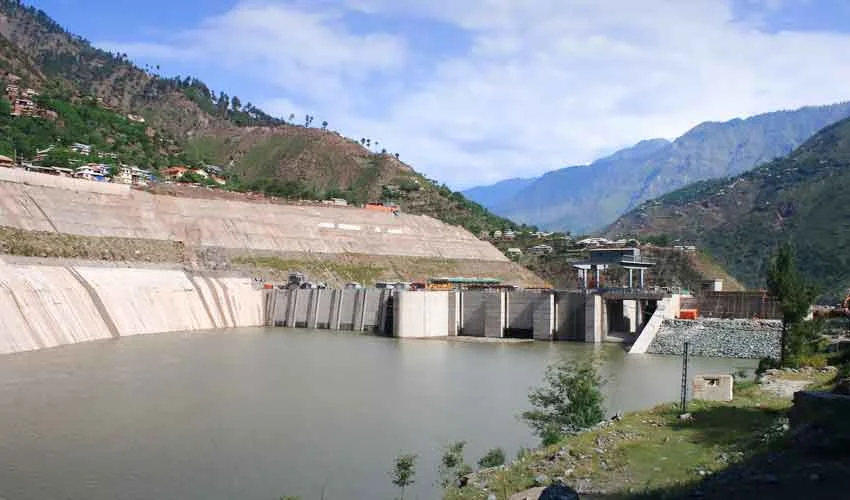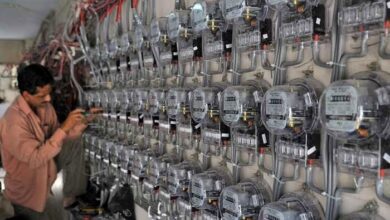The Auditor General of Pakistan has completed a special performance audit of the Neelum-Jhelum Hydropower Project, exposing decades of negligence, poor planning, and massive financial losses that damaged national interests.
The report reveals that the project, originally estimated at Rs15 billion in 1989, was supposed to be completed by 1997. However, it was only finished in 2018 after costs ballooned to Rs507 billion — an extraordinary 21-year delay and a cost escalation of nearly Rs500 billion.
Loss of water rights and strategic setback
According to the audit, the delay cost Pakistan more than just money. Due to slow progress, the country lost its right to the waters of the River Neelum, allowing India to complete its Kishanganga Hydro Project on the Jhelum River ahead of Pakistan.
Experts believe that if Neelum-Jhelum had been completed on time, Pakistan could have legally contested and stopped work on Kishanganga Dam. Instead, decades of mismanagement weakened Pakistan’s case.
Financial losses and mismanagement
The report highlights alarming governance failures:
- Completion period extended from 5 years to 12 years.
- Rs70 billion loss due to lack of third-party validation.
- Rs20 billion loss from the 2022 Tail Race Tunnel accident, where no formal inquiry was conducted.
- Out of 2,900 spare parts, at least 1,289 were never provided to the contractor, causing repair delays.
- The administration failed to monitor progress effectively, leading to unnecessary additional payments and poor accountability.
Negligence in oversight
The audit also criticized the project management for failing to ensure availability of spare parts and for not withdrawing unjustified payments due to weak monitoring mechanisms. It noted that even critical safety issues were neglected, resulting in further operational risks.







